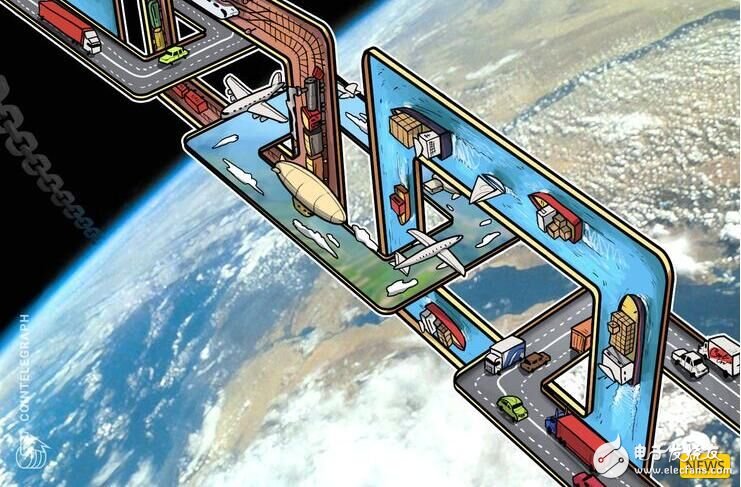The Boston Consulting Group (BCG), a large American consulting company, released an in-depth report on August 16, stating that it has conducted a "realistic test" on the application of blockchain technology in commodity transactions.

The Boston Consulting Group believes that its application of blockchain technology in bulk commodity transactions and its assessment of "significant shortcomings in several other areas" have good reasons.
This report not only eliminates the problem of people's "hype" through blockchain, but also refutes many negative "misunderstandings" that distorted people's views on blockchain technology.
According to the BCG report, at first glance, blockchain is “innately suitable for the bulk commodity businessâ€. It can record complex transactions and track goods in an unalterable and transparent manner. This can significantly reduce the actual delivery risk, but also enhance trust, standardization and efficiency-especially for complex multi-party transactions.
Blockchain also facilitates supervision by eliminating the need for manual submission of compliance reports and enabling regulators to obtain "more accurate, timely, and detailed information in order to take more effective interventions."
The Boston Consulting Group also noted that although greater transparency "will lead to fairer prices," this may also be "bad news" for some people, especially those traders who "rely on low pricing efficiency to make money."
AntTI Belt, the co-author of the report, told Reuters that BCG has also evaluated certain practical obstacles that may hinder the public from adopting blockchain technology:
People have spent millions of dollars on a certain IT system, sometimes even more than 100 million dollars, will they create another blockchain system?
In addition, BCG has eliminated some misunderstandings. They believe that people's attention will shift from the cryptocurrency market to the basic technology itself. It contains the power-consuming characteristics of blockchain technology, which is mainly used in public chains, which rely on computationally intensive consensus algorithms, such as proof of work (PoW), to achieve security.
In contrast, those blockchain systems that require permission to use are more suitable for commodity transactions. They "need to establish greater trust between participants" in order to verify transactions faster, lower cost, and It consumes less power.
BCG also debunked the idea that blockchain applications are "too complicated", in their opinion:
This technology can connect multiple ledger systems (assets, cash positions, and securities) to each other, which will bring transparency and richness of cross-chain data, which would not be possible without blockchain technology.
Regardless of whether blockchain technology will be adopted on a large scale, BCG concluded that this disruptive technology will be like a "Trojan horse", shaping the future of the industry from the inside, leading to increased transparency and standardization of transaction terms and mechanisms. discussion.
Deloitte, one of the Big Four audit firms, recently released a report that made a similar assessment of the potential impact of blockchain, this time for the retail and consumer goods industry (CPG).
Deloitte also emphasized that individual investors should correctly assess whether their strategic investment goals really belong to blockchain investment. The company also pointed out that those who do not consider blockchain "are at risk of falling behind."
Mini Distribution Cable,Double Sheath Mini Distribution Cable,24F Mini Distribution Cable,Mini Distribution Fiber Optic Cable
ShenZhen JunJin Technology Co.,Ltd , https://www.jjtcl.com